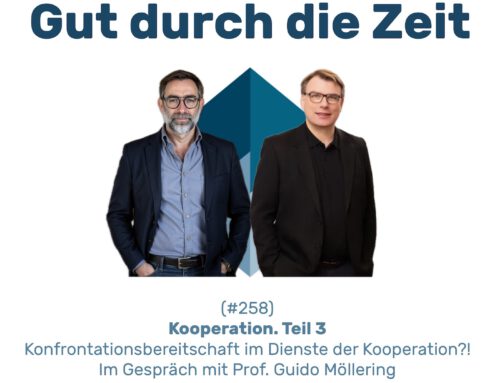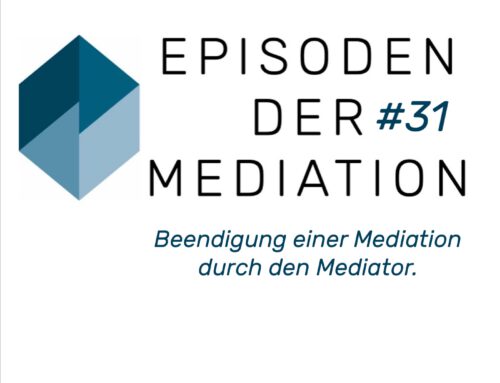INKOVEMA Podcast „Well through time“
#215 GddZ
Mediation in Belgium
A comparative assessment of the situation with mediation in Germany
In conversation with lawyer and mediator Johannes Seel
Johannes Seel, lawyer and mediator, board member of the Federal Mediation Commission and co-founder of the non-profit initiative for
Improving access to Conflicool mediation.
He is a German-speaking Belgian and regularly works as a mediator in multilingual and cross-border conflicts. As a lawyer, he represents German speakers with legal interests in Belgium in German, French, English and Dutch.
He graduated from the Faculty of Law in Namur (2010) and Liège (2013). He also holds a postgraduate degree in property management from the Catholic University of Leuven (2019). He has been a member of the Eupen Bar Association since 2013 and opened a second office in Brussels in 2019.
Well through time.
The podcast about mediation, conflict coaching and organisational consulting.
Contents
Chapter:
Summary of content
In this episode of „Well through time“ we take a comprehensive look at mediation in Belgium. My Dialogue partner Johannes Seel, an experienced mediator and member of the Federal Mediation Commission, shares his insights on the current situation of mediation in the country. There are only a few mediators in Belgium who work exclusively full-time in this field, which is why the topic is highly relevant. We discuss the differences between the Mediation practices in Belgium and Germany and the legal framework that characterises the field of mediation in Belgium characterise.
Johannes describes how Belgian mediation is characterised by a Centralised commission which acts both independently and receives state support. The framework conditions include the principles of confidentiality and voluntariness. A decisive difference to German practice is the possibility for mediators to put mediation agreements in writing and submit them to the court, which gives these agreements legal enforceability.
A central topic of our discussion is also the perception of mediation by those affected. Johannes explains that the possibility of enforceability appeals to people and thus significantly influences their trust in this solution. Both sides of a conflict feel different motivations to participate; while the inviting party values the concrete implementation of the mediation agreement, the confronted party often expresses a desire for voluntariness. We highlight the importance of training programmes and the need to make mediation approaches better known to the general public.
The role of the Federal Mediation Commission, which plays an important role in the training and authorisation of mediators, is also discussed during the interview. Johannes provides insights into the challenges that mediators face, both in terms of access to contracts and in sensitising the public to the benefits of mediation. It becomes clear that, despite the legal foundations, a great deal of educational work is still required.
It also discusses the problem that many people do not know when mediation could be a suitable solution to their conflicts. Specifically, Johannes speaks of a misconception about mediation, as many citizens only consider it for minor disputes, while preferring to go to court for more complex matters. This misconception about the potential applicability of mediation emphasises the importance of actively communicating and explaining mediation services.
At the end of the episode, we discuss various approaches to improve the situation, including the introduction of a legal aid scheme, which could also incentivise the use of mediation. Despite the challenges, Johannes points out that mediation has an important place in Belgium and is promoted through initiatives such as the work of the Federal Mediation Commission. He also points out the opportunities that the different professions and backgrounds of the mediators in the Commission provide for a valuable exchange.
This episode offers exciting and insightful perspectives on mediation in Belgium and encourages reflection on the development and potential improvements in this important area.
Complete transcription





Leave A Comment